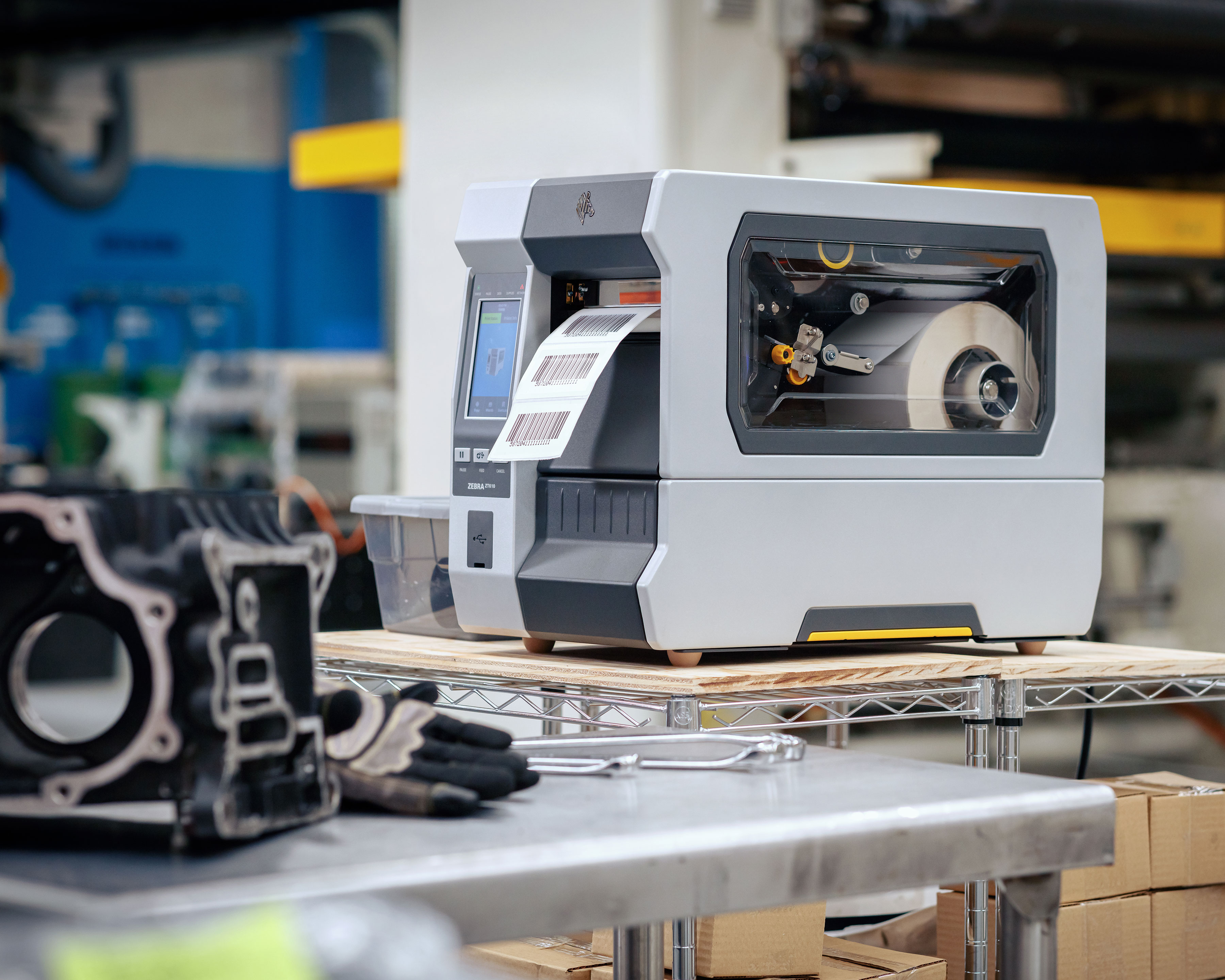The evolution of RFID printers is intertwined with advancements in related technologies, creating a synergistic effect that enhances their capabilities and applications. For instance, the integration of artificial intelligence (AI) and machine learning can significantly improve how businesses utilize the data collected through RFID systems. By analyzing trends and patterns in real-time data, companies can gain predictive insights that inform inventory management, supply chain optimization, and even marketing strategies.
In sectors like fashion and retail, where trends can change rapidly, RFID printers equipped with smart technology allow businesses to respond swiftly to shifts in consumer behavior. For example, AI can analyze sales data to determine which products are performing well and which are not. This information can then be used to adjust production schedules or promotional strategies, ensuring that businesses stay aligned with market demands.
Another promising area for RFID printers is in the realm of augmented reality (AR). Imagine a retail environment where shoppers can use their smartphones to scan RFID-enabled products and instantly access virtual information, such as styling suggestions, customer reviews, or availability in different sizes. This immersive shopping experience not only enhances consumer engagement but also empowers retailers to showcase their offerings in a more interactive manner.
Moreover, the health and safety landscape has seen significant changes due to the COVID-19 pandemic, prompting industries to rethink their operational strategies. RFID Printers can facilitate contactless interactions, essential in environments like healthcare and hospitality. By using RFID technology to manage equipment, track patient information, or streamline check-in processes, organizations can minimize physical contact while maintaining high standards of service.
Sustainability, a growing priority for many organizations, can also be supported by RFID printing technology. The ability to track products throughout their lifecycle enables companies to implement circular economy practices more effectively. By knowing the status and location of every item, businesses can facilitate recycling and reuse, ultimately reducing waste and enhancing their environmental responsibility.
The global nature of supply chains means that RFID printers must be adaptable to different regulations and standards across regions. As businesses expand their operations internationally, having RFID solutions that can comply with local laws regarding data privacy, labeling, and traceability becomes increasingly important. Companies that invest in flexible RFID printing systems can navigate these complexities more efficiently, ensuring compliance while maintaining operational effectiveness.
Education and continuous learning around RFID technology will also be critical as organizations adopt these systems. As RFID technology evolves, staying updated on the latest advancements and best practices is essential. Companies that foster a culture of innovation and knowledge-sharing among employees are likely to maximize the benefits of RFID printers. This includes not only technical training but also encouraging creative thinking about how to leverage RFID data for strategic advantages.
The future of RFID printing is poised to include greater integration with blockchain technology. By combining RFID data with blockchain’s immutable record-keeping capabilities, organizations can create a tamper-proof system for tracking products and transactions. This level of transparency and security could be a game-changer in industries like food safety, where consumers increasingly demand information about the provenance and handling of their food.
As RFID technology continues to mature, we can expect innovations that make RFID printers even more user-friendly. Cloud-based solutions, for example, may allow businesses to manage their RFID printing remotely, facilitating easier updates and maintenance. These advancements will further lower the barriers to entry for small and medium-sized enterprises, enabling them to compete on a more level playing field with larger corporations.
In conclusion, RFID printers are at the forefront of a technological revolution that is reshaping how businesses operate across various sectors. Their ability to enhance efficiency, security, and sustainability positions them as a critical asset in today’s fast-paced market. As organizations embrace these innovations and explore the intersections of RFID technology with AI, blockchain, and AR, the potential for transformative change becomes even more pronounced. The future of RFID printing is bright, promising to unlock new opportunities for collaboration, transparency, and responsiveness in an ever-evolving landscape.